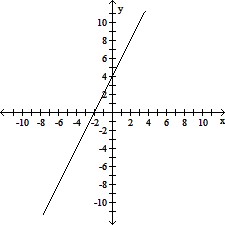Find the zeros of the polynomial function. State whether the graph crosses the x-axis, or touches the x-axis and turns around, at each intercept. f(x) = (x + 1)(x - 7)(x - 1)2
A. x = -1, crosses the x-axis;
x = 7, crosses the x-axis;
x = 1, crosses the x-axis
B. x = -1, crosses the x-axis;
x = 7, crosses the x-axis;
x = 1, touches the x-axis and turns around
C. x = 1, crosses the x-axis;
x = -7, crosses the x-axis;
x = -1, touches the x-axis and turns around
D. x = 1, crosses the x-axis;
x = -7, touches the x-axis and turns around;
x = -1, touches the x-axis and turns around
Answer: B
You might also like to view...
Rationalize the denominator and simplify. Assume that all variables represent positive real numbers.
A. 
B. 
C. 
D. 
Perform the indicated operation.(7x3 + 6x5 - 7) + (7x4 - 3) - (-5x4 + 4x5 + 3x3)
A. 2x5 + 2x4 + 10x3 - 4 B. 10x5 + 2x4 + 10x3 - 4 C. 2x5 + 12x4 + 4x3 - 10 D. 10x5 + 2x4 + 10x3 - 10
Given C = 115°, a = 10, and b = 14 use the Law of Cosines to solve the triangle for the value of c. Round answer to two decimal places.
A) 19.48 B) 16.84 C) 20.36 D) 13.33 E) 18.60
Graph the equation.y = -2x - 4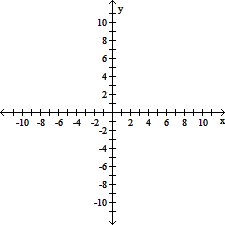
A. 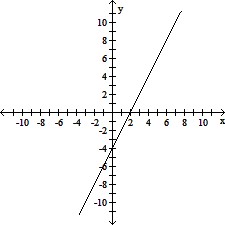
B. 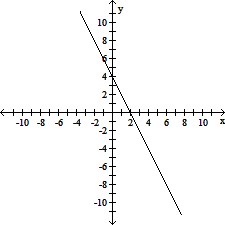
C. 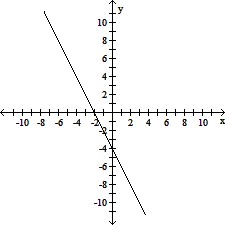
D. 